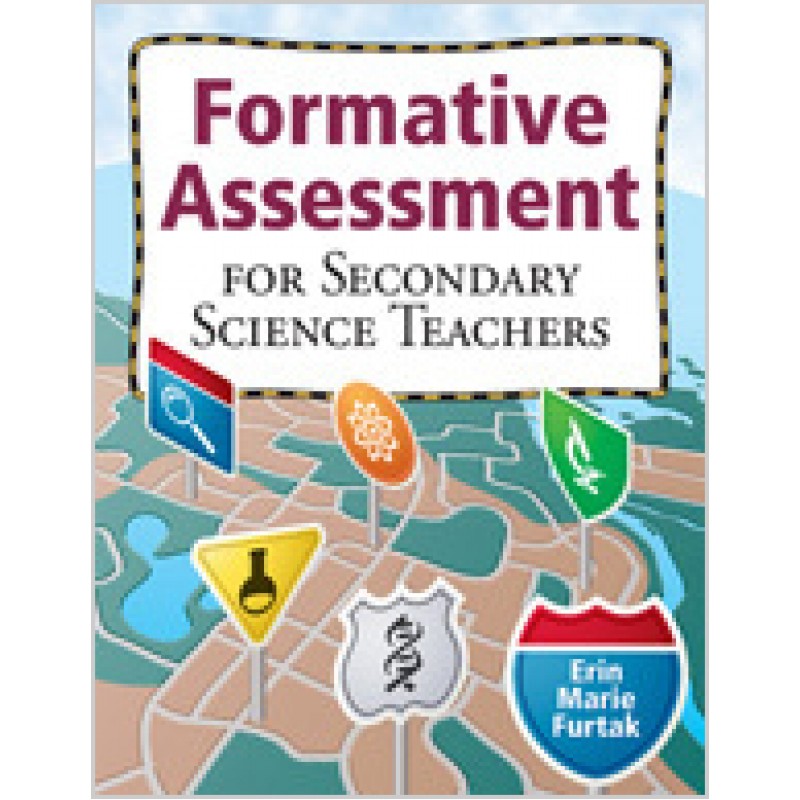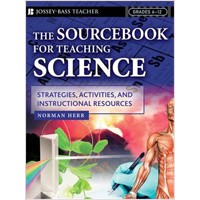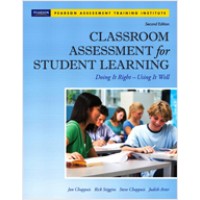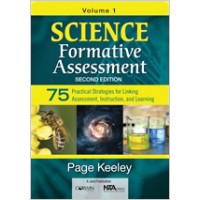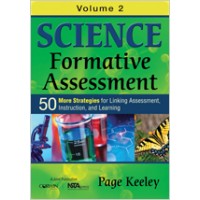Formative Assessment for Secondary Science Teachers, June/2009
| Author(s) | Erin Marie Furtak |
| ISBN10 | 1412972213 |
| ISBN13 | 9781412972215 |
| Format | Paperback |
| Pages | 176 |
| Year Publish | 2009 June |
Synopsis
"This book places students center stage in the discussion of how we know what students know. Using formative assessment to understand student learning is a theme grounded in good teaching and good assessment!" - Jo Topps, Regional Director K-12 Alliance/WestEd
"This book incorporates current research and not only provides an explanation of the necessity of formative assessment, but offers a system for planning lessons and a variety of tools to implement formative assessment in the classroom" - Susan Leeds, Science Department Chair and Gifted Studies Teacher Howard Middle School, Winter Park, FL
Research has shown that when teachers use formative assessments effectively, they have a clearer understanding of what students know and are better able to design instruction that meets learners' needs.
This practical guide shows teachers how to create and implement formative assessments in their middle and high school science classrooms. Grounded in extensive and solid research, this guide covers all science content areas - physics/physical science, life science/biology, earth and space science, and chemistry - as well as five types of formative assessments: big idea questions, concept maps, evidence-to-explanation, predict-observe-explain, and multiple choice.
Teachers will find additional support in:
- Richly detailed, concrete examples of the five types of assessments
- In-depth guidelines for implementing the assessments
- Brief case studies with transcript excerpts that demonstrate how teachers have used formative assessments
- Easy-to-use templates to help analyze lessons in current units and identify places for inserting formative assessments
With this easy-to-use, hands-on guide, any teacher can learn how to use formative assessment strategies to improve student achievement in science.
Erin Furtak worked as a high school biology and earth science teacher in the public schools on the west side of Denver, and has experiences in many other venues of education, including middle school, administration of professional development, and curriculum design. After getting involved with a national research project where she designed and implemented computational science assessments, Furtak decided to pursue a PhD so that she could have an impact on science teaching and learning beyond her own classroom. She studied curriculum and teacher education in the School of Education at Stanford University, writing a dissertation about teachers’ enactment of inquiry-based science lessons in middle school. She then received the competitive German Chancellor Fellowship from the Alexander von Humboldt Foundation to study alongside educational researchers in Germany, and spent 18 months living and doing postdoctoral research on middle school instruction in Berlin and Kiel. Furtak is now assistant professor of education specializing in science education at the University of Colorado at Boulder. Her struggles to successfully implement inquiry-based teaching methods inspired her to pursue a career in educational research to make reforms more attainable for science teachers.

